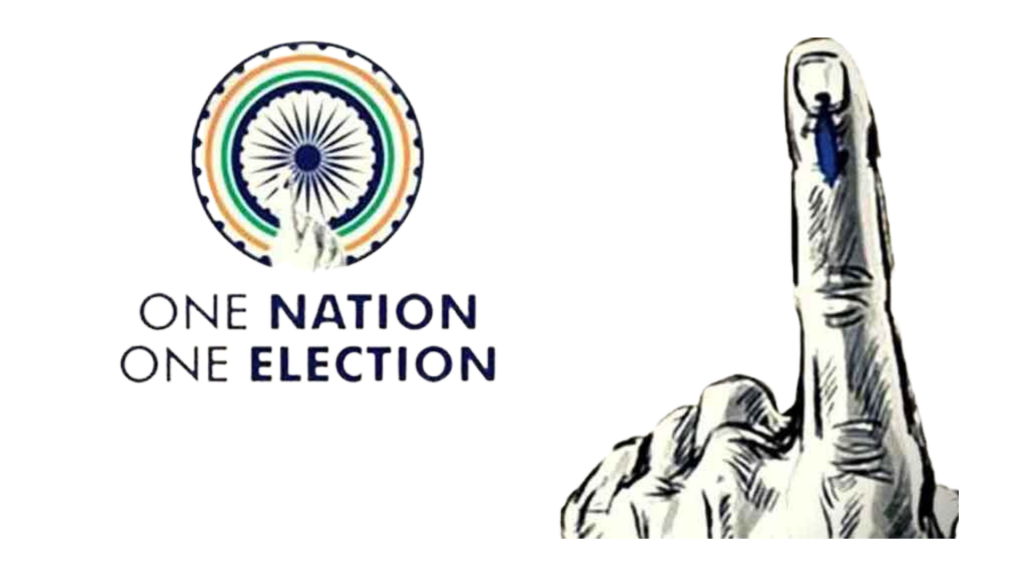New Delhi: The National Democratic Alliance (NDA) government, under Prime Minister Narendra Modi, is gearing up to roll out the ‘One Nation, One Election’ (ONOE) policy before the end of its current term, highly placed sources told IANS. This major electoral reform, a key objective for the BJP, has seen repeated endorsements from PM Modi throughout his political career.
Sources reveal that the government is optimistic about implementing the ‘One Nation, One Election’ (ONOE) policy within its current term. Although the BJP won 240 seats in the latest elections — short of the 272 required for a solo majority — the government is hopeful of gaining sufficient cross-party support for this reform with the backing of its allies.
The ‘One Nation, One Election’ seeks to simplify the electoral process by synchronising national and state elections.
Proponents argue that this approach will diminish the frequent electoral cycles that currently disrupt Indian politics and impede effective governance.
PM Modi in his Independence Day address this year, had urged political parties to unite in backing the ONOE initiative. He highlighted that the frequent elections across various levels of government pose a “barrier to India’s progress”.
The concept of simultaneous elections was also a prominent pledge in the BJP’s election manifesto.
The push for ‘One Nation, One Election’ gained significant momentum following the submission of a report by a panel headed by former President Ram Nath Kovind earlier this year.
The committee, which presented its findings to President Droupadi Murmu, strongly supported the concept of holding simultaneous Lok Sabha and Assembly elections.
In another significant information shared by top sources Sunday while the government has initiated preparations for the decadal census, a decision on whether to include a caste column in the survey has not yet been made.
“The decadal census will be conducted soon,” sources added.
India has been conducting a census every decade since 1881.
The first phase of this decade’s census was slated to start April 1, 2020, but was postponed due to the Covid-19 pandemic.
The implementation of the Women’s Reservation Act, passed by Parliament last year, is also tied to the decadal census.
This law, which reserves one-third of seats in the Lok Sabha and state assemblies for women, will take effect only after delimitation is carried out based on the data from the first census conducted post-enactment of the Act.
IANS
